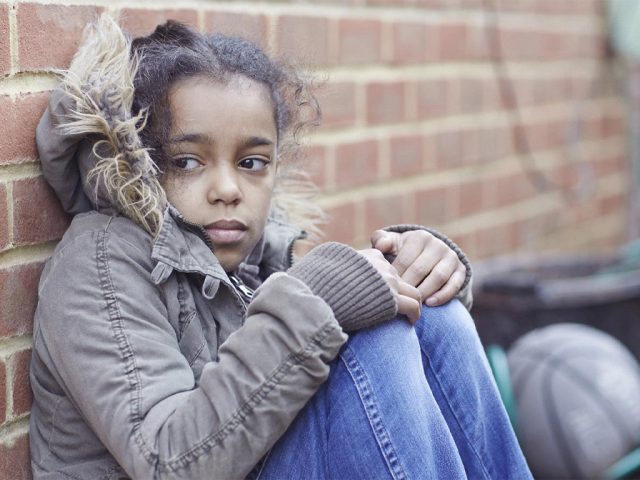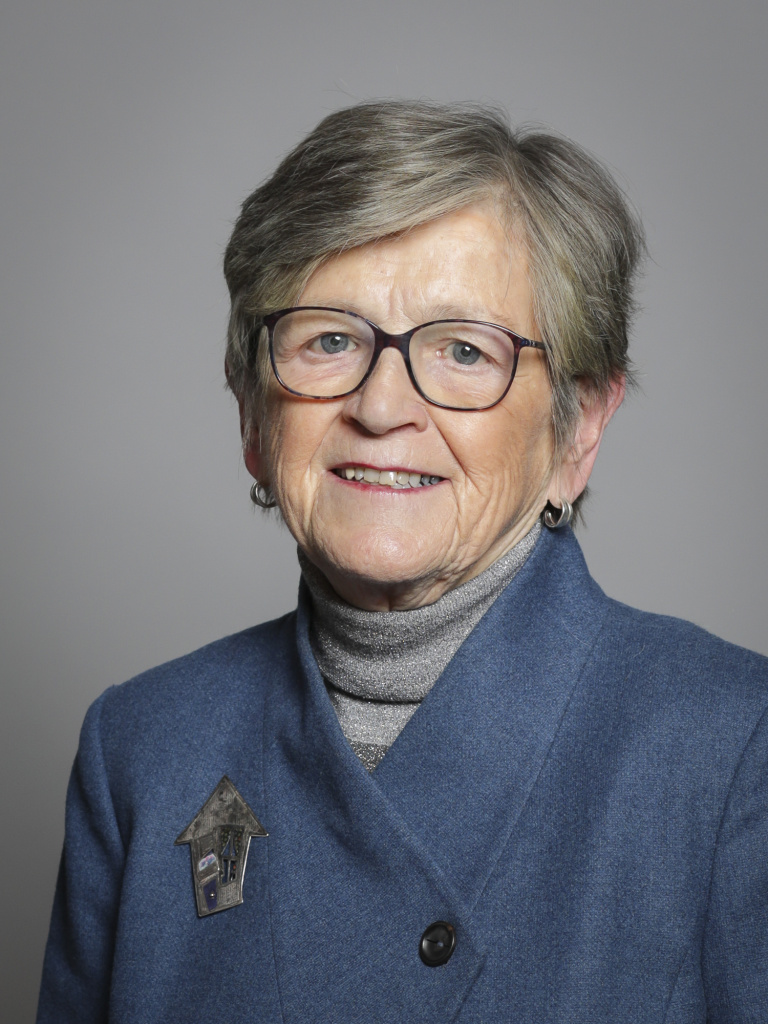
All teachers worry about children in school who are on the margins. Sometimes they are cut off from opportunities by poverty, family circumstances, homelessness, by being a migrant or having unsettled status... the list goes on.
The word 'disadvantaged' does not begin to cover it. These are the children who fail to thrive in the school setting. These are often the families who are hard to engage and who rarely attend parents' evenings.
Sometimes staff know that these children are in physical or moral danger from gangs or paedophiles but, other than reporting what they know and sharing the information with the authorities, there is little that teachers can do to help.
A new inquiry by the House of Lords Public Services Committee aims to find ways public services can improve the support they offer vulnerable children and their families. Led by Labour peer Baroness Armstrong of Hill Top, the inquiry will examine issues including domestic abuse, mental health problems, poor housing and substance misuse and scrutinise the support offered by police and health services, councils and schools.
In November last year, the committee published the report A critical juncture for public services: lessons from Covid-19, which identified that only one in ten vulnerable children attended school during the first Covid-19 lockdown.
The second inquiry
